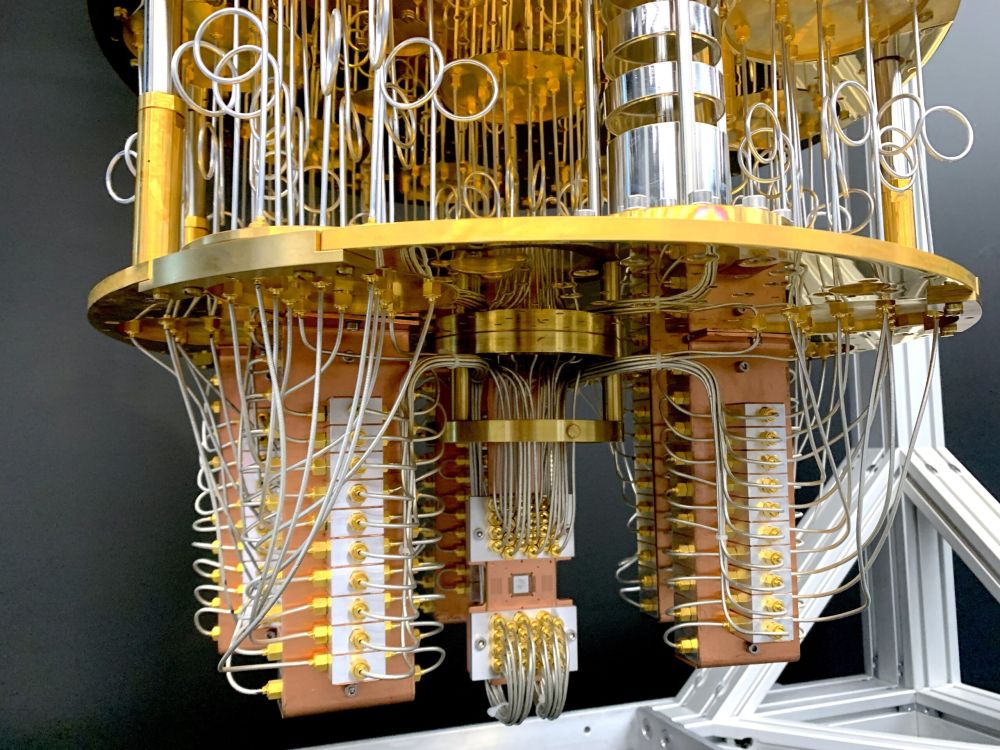Quantum Motion has unveiled a breakthrough in the race toward practical quantum computing by delivering a quantum computer built on standard semiconductor chips. Instead of relying on highly specialized fabrication methods, the UK-based company harnessed conventional chip-making technology, aiming to bring scalability and affordability into a field that has often been limited by cost and complexity.

The achievement lies not only in building a functional quantum processor but in aligning its design with existing semiconductor manufacturing processes. By doing so, Quantum Motion hopes to bridge the gap between the quantum and classical computing worlds, creating pathways for faster integration and easier deployment in practical applications.

This approach offers major advantages. Using proven chip technology could accelerate the production of quantum processors while reducing barriers to entry. It also opens the possibility of combining quantum elements with traditional electronics on the same platforms, something that could significantly advance how these systems are used in real-world contexts.

Yet challenges remain. The performance of these chips will depend on qubit stability, error rates, and the ability to scale without losing coherence. While this announcement signals important progress, the field still has to solve fundamental problems before quantum machines become broadly useful. Still, Quantum Motion’s step suggests the journey toward scalable quantum computing may be closer than many expected.

#QuantumComputing #Technology #Innovation #UKTech #Semiconductors
